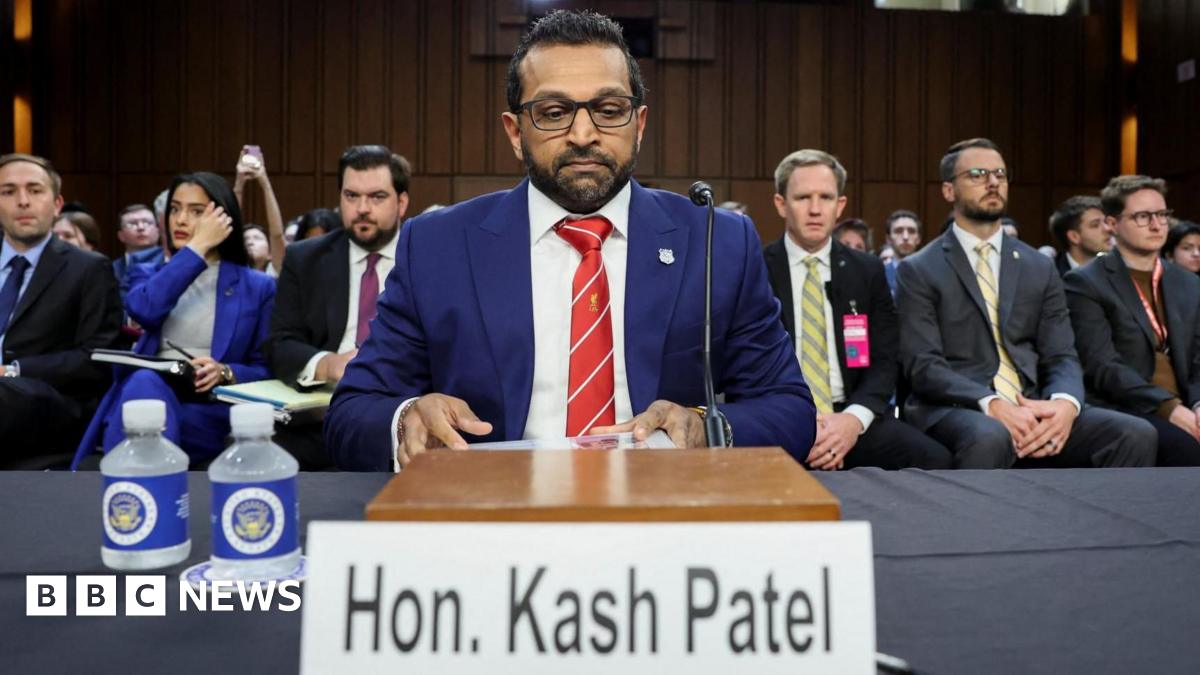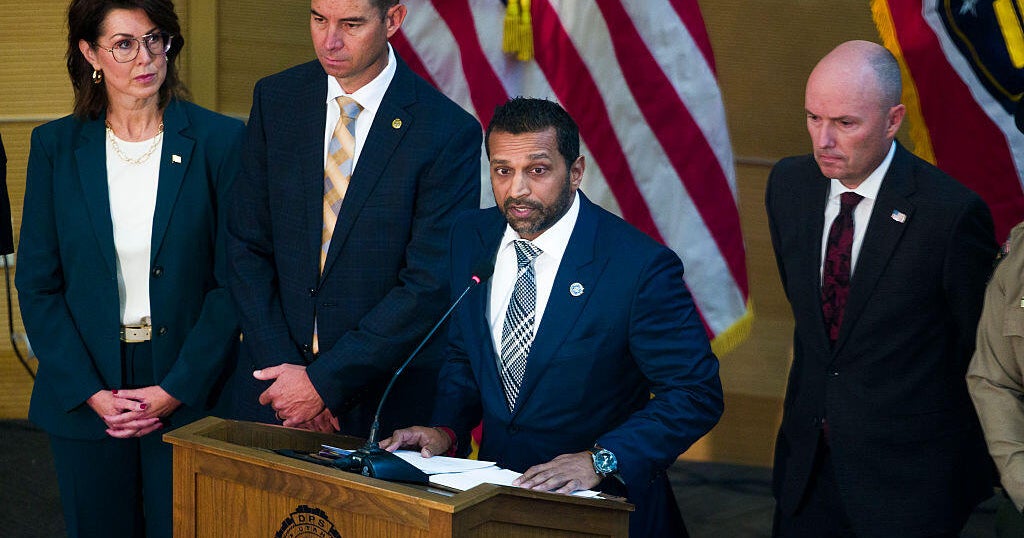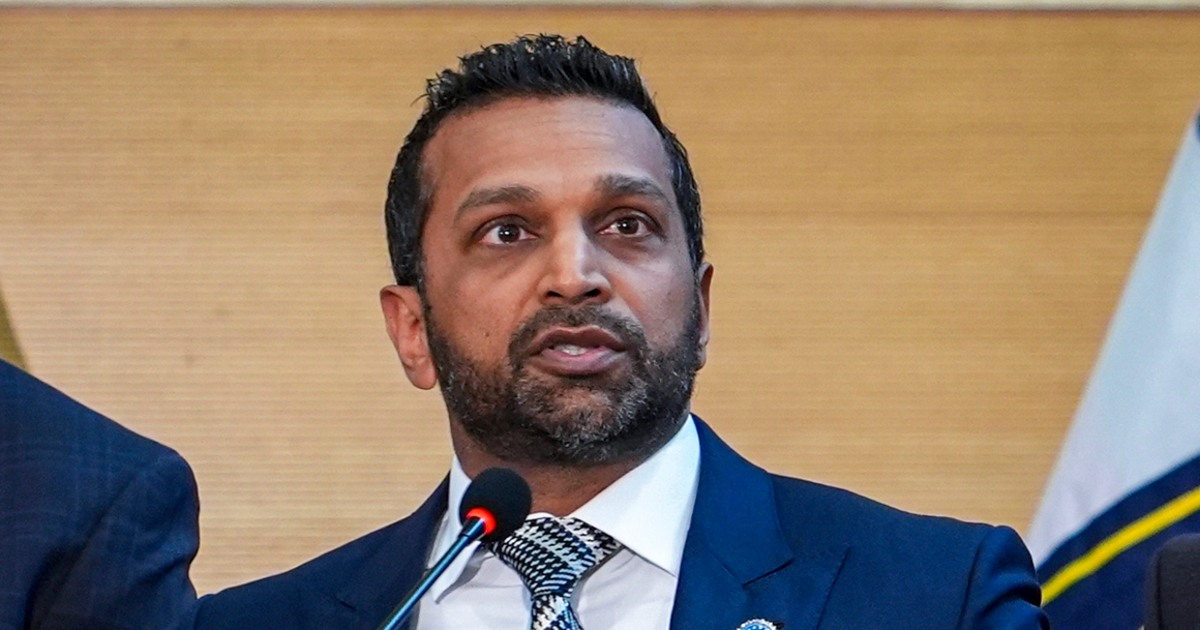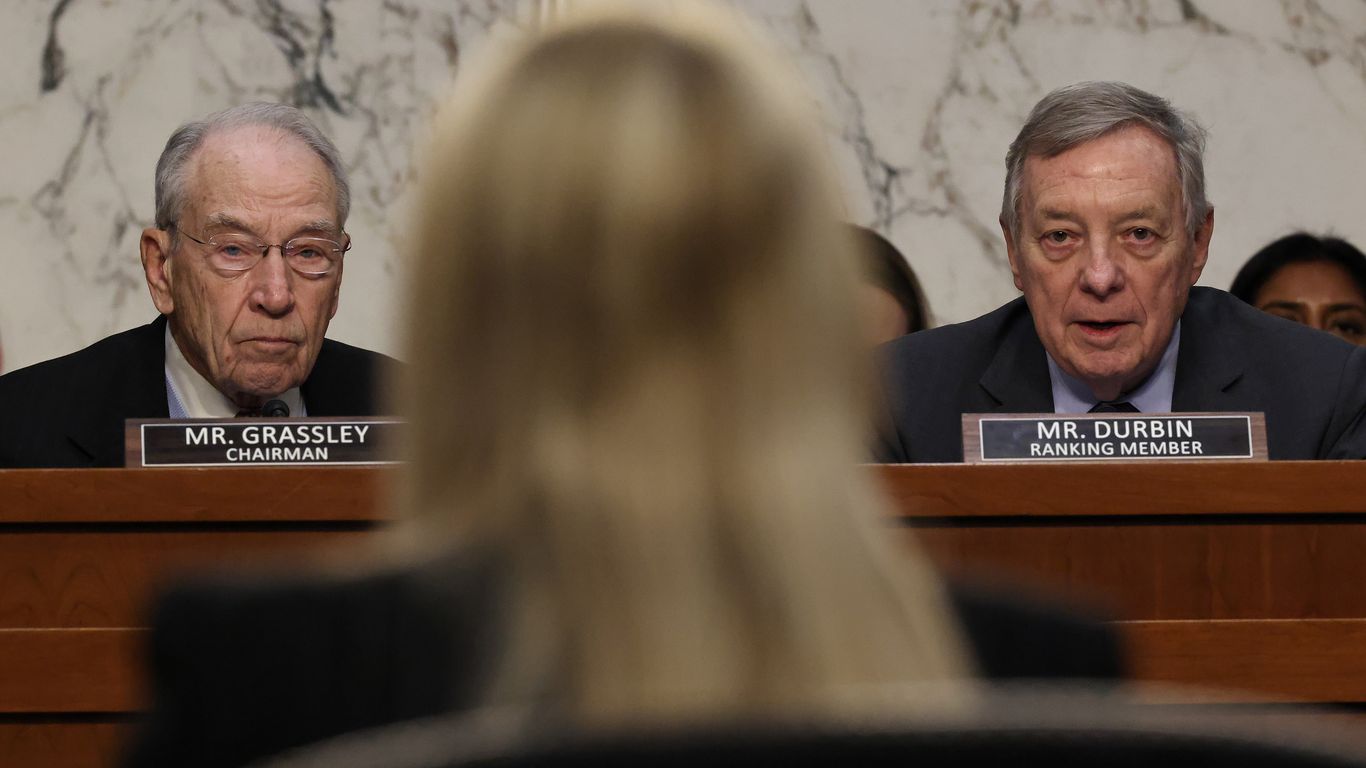Harvard Medical School Explosion Investigation: FBI Probes Campus Incident

Harvard Medical School Explosion Investigation
Harvard University officials and law enforcement are actively investigating an explosion that occurred early Saturday morning on the medical school campus. The incident took place near the Goldenson Building on Longwood Avenue around 3 a.m., prompting a swift response from local police and the FBI. Authorities released photos of two suspects seen fleeing the scene shortly after the explosion, which is believed to have been intentional.
Response and Investigation Details
Fortunately, the explosion caused no injuries or structural damage, but it raised serious concerns about safety and security on campus. The FBI's involvement highlights the severity of the situation, and investigators are urging anyone with information to come forward. Witnesses reported the blast was loud enough to wake residents nearby, emphasizing the unexpected nature of the event.
Community Impact and Ongoing Efforts
Harvard Medical School and local law enforcement continue to work closely to determine the motive behind the attack and ensure the safety of students and staff. The community remains vigilant as the search for the suspects proceeds, with authorities committed to resolving the case swiftly and maintaining campus security.
About the Organizations Mentioned
Harvard University
## Overview Harvard University, located in Cambridge, Massachusetts, is one of the world’s most prestigious and influential institutions of higher education. Founded in 1636, it is the oldest university in the United States and a global leader in research, education, and innovation, with a particular impact on business and technology. ## What Harvard Does Harvard is a comprehensive university offering undergraduate, graduate, and professional education across a wide array of disciplines. Its core activities include degree-seeking education, continuing and executive education, and extensive sponsored research, both federal and non-federal[2]. The university’s mission-driven approach extends to philanthropy, with a significant portion of its operating revenue derived from endowment income and current-use gifts[2][3]. Harvard is also a major player in technology transfer and entrepreneurship, with strong ties to the Boston-area innovation ecosystem. ## Historical Background Harvard’s long history began as a colonial college established to train clergy. Over the centuries, it evolved into a modern research university, producing numerous Nobel laureates, heads of state, and business leaders. Its alumni and faculty have played pivotal roles in advancing science, technology, and global commerce. ## Key Achievements Harvard’s achievements are vast and varied. It is consistently ranked among the top universities globally, renowned for its rigorous academics, groundbreaking research, and influential alumni network. The university has pioneered major scientific discoveries, developed leading business and law schools, and fostered technology startups through its innovation labs and venture programs. Notably, beginning in the 2025-2026 academic year, Harvard College will be free for students from families with incomes below a certain threshold, significantly expanding access to its world-class education[4]. ## Current Status As of fiscal year 2025, Harvard’s net assets grew to $68.7 billion, despite a modest operating deficit of $113 million on $6.7 billion in operating revenue[2]. The university continues to rely heavily on philanthropy, with curren
Harvard Medical School
Harvard Medical School (HMS), established in **1782**, is one of the world’s leading medical education and research institutions, renowned for its pioneering contributions to medicine and public health[3][4]. From its humble beginnings with just three faculty members and a handful of students, HMS has evolved into a powerhouse of biomedical innovation and education, shaping modern medicine globally. HMS’s legacy includes numerous **medical firsts** and groundbreaking discoveries. It introduced the **smallpox vaccine to the United States in 1799**, performed the first public demonstration of **anesthesia in surgery in 1846**, and pioneered treatments such as the use of **insulin for diabetes** and the first successful **human kidney transplant**[1][2]. Faculty have also been instrumental in identifying genes linked to diseases like **Duchenne Muscular Dystrophy, Huntington’s Disease, ALS, and Alzheimer’s**, as well as advancing cancer research through the study of **tumor angiogenesis**[1]. The school’s affiliated hospitals, including Mass General and Brigham and Women’s, are consistently ranked among the top U.S. biomedical research centers[1]. HMS emphasizes a mission to **alleviate suffering and improve health worldwide** through excellence in teaching, discovery, and leadership, fostering a diverse and inclusive community of scholars and clinicians[4]. It has been a leader in medical education innovation, continuously updating curricula to address evolving healthcare needs. Notably, HMS has a rich history of social progress, admitting African American students as early as 1850, reflecting a commitment to diversity and inclusion[6]. Its Department of Global Health and Social Medicine celebrates over 150 years of integrating preventive medicine and public health into medical training[7]. Currently, HMS maintains its status at the forefront of biomedical research and education, producing leaders in medicine and science who drive innovation in healthcare and technology worldwide[8]. Its impact extends beyond academia into business and technological advancements in medicine, making it a vital institution in
FBI
The Federal Bureau of Investigation (FBI) is a premier law enforcement agency in the United States, renowned for its role in protecting the nation from domestic and international threats. Founded on July 26, 1908, as the Bureau of Investigation, it was initially tasked with addressing land fraud and corporate malfeasance under President Theodore Roosevelt[1][2]. Over time, its mandate expanded significantly, particularly with the passage of the Mann Act in 1910, which allowed federal jurisdiction over certain moral offenses[1][4]. ### History and Evolution The FBI underwent significant transformation under J. Edgar Hoover, who became its director in 1924. Hoover implemented strict hiring standards and enhanced operational capabilities, transforming the agency into a robust investigative force[1][4]. The FBI's name was officially changed to the Federal Bureau of Investigation in 1935[5][6]. Throughout its history, the FBI has faced challenges, including concerns about potential abuses of power, but it has consistently demonstrated its value in national security and law enforcement[3][4]. ### Key Achievements The FBI has been instrumental in combating various crimes, including white-collar offenses, civil rights violations, and national security threats. Notable achievements include its role in enforcing the Espionage Act during World War I and its investigations into organized crime throughout the 20th century[2][4]. ### Current Status Today, the FBI is a sophisticated agency with over 37,100 employees, including special agents and professionals in various fields such as intelligence analysis and cybersecurity[5]. It operates in 55 field offices across the U.S. and has an international presence in 81 nations[5]. The FBI continues to evolve, addressing emerging threats like cybercrime and terrorism while maintaining its commitment to justice and integrity. ### Notable Aspects The FBI is known for its rigorous training programs at the FBI Academy in Quantico, Virginia, and its advanced forensic capabilities at the FBI Laboratory. Its work in business and technology includes



















